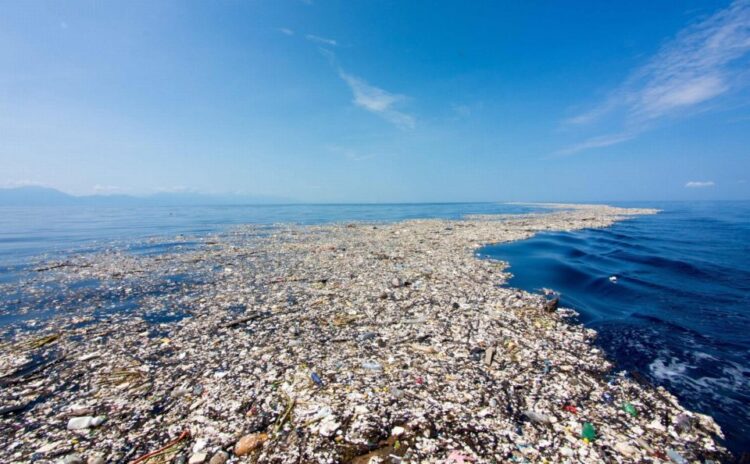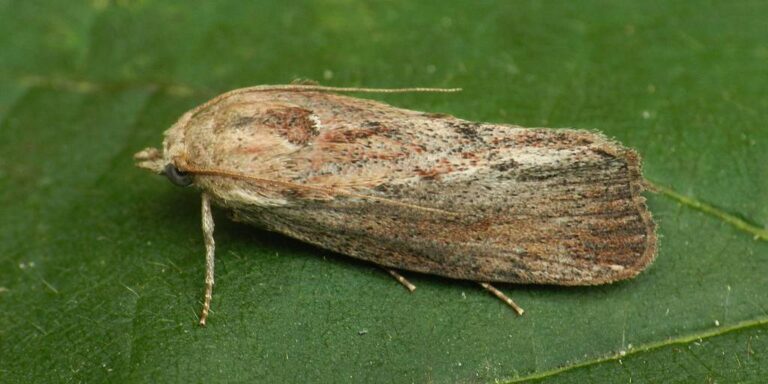
Caterpillar saliva could save the world from plastic bags
(ORDO NEWS) — Today, the world is literally suffocating under mountains of plastic: river banks are littered with perennial rubbish, and entire garbage “islands” float in the oceans.
Existing waste recycling methods cannot cope with the amount of plastic produced, so scientists are constantly looking for new ways to dispose of it, including in the saliva of moth caterpillars.
People produce about 400 tons of plastic a year, and despite all efforts to reduce its use and recycle, a huge amount of non-degradable garbage ends up in landfills.
About a third of it is polyethylene - a durable plastic that takes five to 15 years to completely decompose without human intervention.
Previously, experts conducted research on the effects on polyethylene of various microorganisms that can accelerate its decomposition.
However, in all cases it was about months of processing. But now scientists have found an animal that can literally digest a plastic bag in just a few hours.
The “devourer” of polyethylene turned out to be a creature that, under normal conditions, is accustomed to eating wax and honey - a caterpillar of a large wax moth ( Galleria mellonella ).
This feature of the saliva of caterpillars was discovered by accident, when one of the researchers, an avid beekeeper, collected the pests that had bred in the hive in a plastic bag, but after a few hours she found only a lot of holes in the empty bag.
Having studied the bag in the laboratory, the scientists realized that the caterpillars did not gnaw through the polyethylene, but dissolved it: the edges of the holes were oxidized, as if someone had treated them with acid.
After analyzing the composition of the saliva of wax moth caterpillars, the researchers identified two unique enzymes in them, which in just a few hours at room temperature destroyed polyethylene molecules into small fragments.
At the same time, polyethylene was not only destroyed, but also oxidized - and this is the first stage of its degradation, which does not allow the resulting fragments to become microplastics.
At the same time, the saliva of the caterpillar of another butterfly species, the ailanthus silkworm ( Samia cynthia ), did not have a similar effect on polyethylene.

This is the first time that enzymes have been found that can degrade polyethylene so quickly at room temperature.
Now scientists have to study how saliva enzymes work and conduct the first tests of their effectiveness in combating plastic pollution.
Perhaps in the future, aqueous solutions of such enzymes will be used in recycling plants or city dumps, which will finally reduce the growing mountains of polyethylene and allow the world to breathe freely.
—
Online:
Contact us: [email protected]
Our Standards, Terms of Use: Standard Terms And Conditions.





